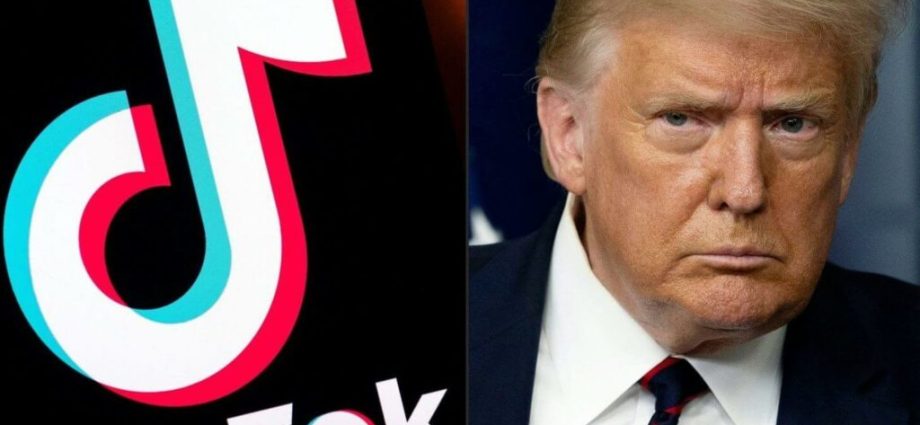In its lawsuit, ByteDance says the new law vaguely paints its ownership of TikTok as a national security threat in order to circumvent the First Amendment, despite no evidence that the company poses a threat. It also says the law is so “obviously unconstitutional” that its sponsors are instead portraying it as a way to regulate TikTok’s ownership.
“For the first time in history, Congress has enacted a law that subjects a single, named speech platform to a permanent, nationwide ban, and bars every American from participating in a unique online community with more than 1 billion people worldwide,” ByteDance asserts in the lawsuit filed in a Washington appeals court.
The suit also paints divestment as a technological impossibility, since the law requires all of TikTok’s millions of lines of software code to be wrested from ByteDance so that there would be no “operational relationship” between the Chinese company and the new U.S. app.
The companies argue that they should be protected by the First Amendment’s guarantee of freedom of expression and are seeking a declaratory judgment that it is unconstitutional.
The Justice Department declined to comment on the suit Tuesday. And White House press secretary Karine Jean-Pierre declined to engage on questions about why the president continues to use TikTok for his political activities, deferring to the campaign.
“This is the only way to address the national security threat posed by ByteDance’s ownership of apps like TikTok. Instead of continuing its deceptive tactics, it’s time for ByteDance to start the divestment process,” he said.
ByteDance will first likely ask a court to temporarily block the federal law from taking effect, said Gus Hurwitz, a senior fellow at the University of Pennsylvania’s Carey Law School who isn’t involved in the case. And the decision whether to grant such a preliminary injunction could decide the case, because its absence, ByteDance would need to sell TikTok before the broader case could be decided, he said.
The fight over TikTok comes amid a broader U.S.-China rivalry, especially in areas such as advanced technologies and data security that are seen as essential to each country’s economic prowess and national security.
U.S. lawmakers from both parties, as well as administration and law enforcement officials, have expressed concerns that Chinese authorities could force ByteDance to hand over U.S. user data or sway public opinion by manipulating the algorithm that populates users’ feeds. Some have also pointed to a Rutgers University study that maintains TikTok content was being amplified or underrepresented based on how it aligns with the Chinese government’s interests — a claim the company disputes.
“Data collection by apps has real consequences for all of our privacy,” said Patrick Toomey, deputy director of the ACLU’s National Security Project. “But banning one social media platform used by millions of people around the world is not the solution. Instead, we need Congress to pass laws that protect our privacy in the first place.”
Jameel Jaffer, executive director of the Knight First Amendment Institute at Columbia University, expects TikTok’s lawsuit to succeed.
“The First Amendment means the government can’t restrict Americans’ access to ideas, information, or media from abroad without a very good reason for it — and no such reason exists here,” Jaffer said in a statement.
Although TikTok prevailed in earlier First Amendment challenges, it isn’t clear whether the current lawsuit will be as simple.
“The bipartisan nature of this federal law may make judges more likely to defer to a Congressional determination that the company poses a national security risk,” said Gautam Hans, a law professor and associate director of the First Amendment Clinic at Cornell University. “Without public discussion of what exactly the risks are, however, it’s difficult to determine why the courts should validate such an unprecedented law.”

